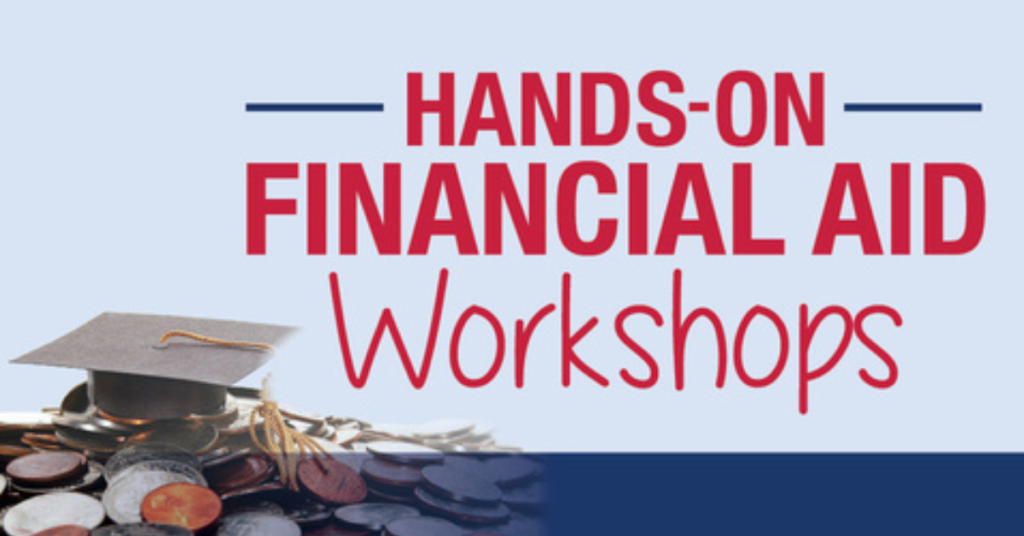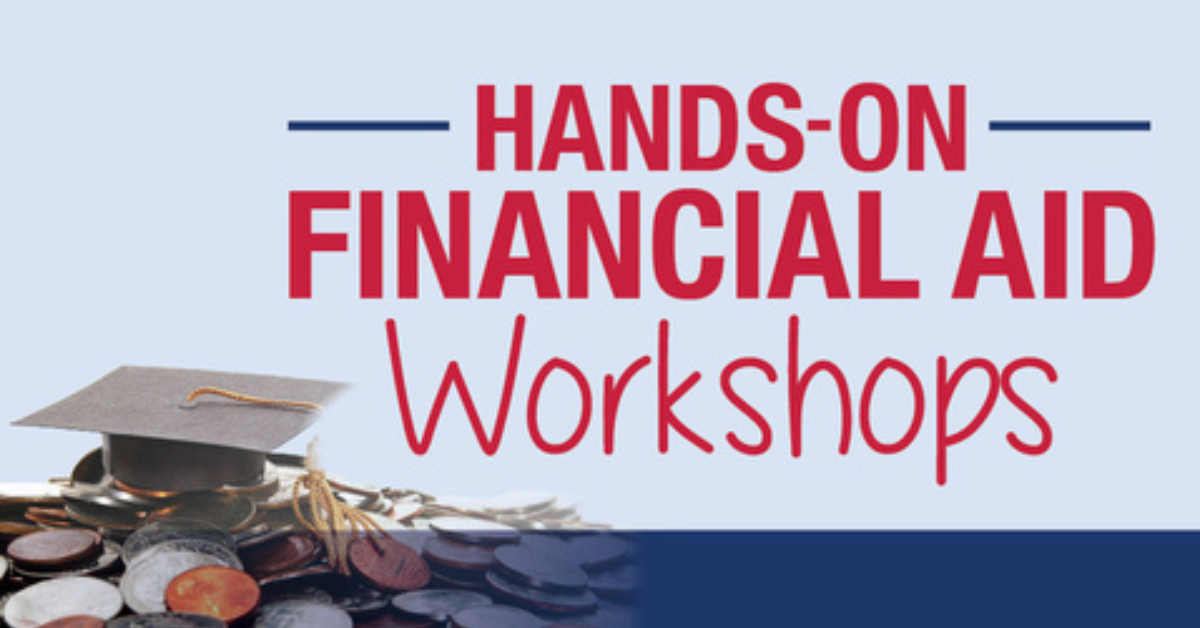Navigating the world of university financial aid can be a daunting task for many students and their families. With rising tuition costs and the complexity of financial aid options, it’s crucial for students to be well-informed about the available resources. University financial aid workshops are invaluable in this regard, offering essential guidance and support. This article will delve into what these workshops entail, their benefits, the key concepts surrounding financial aid, and tips for students to make the most of them.

Understanding Financial Aid Workshops
Financial aid workshops are structured events organized by universities and educational institutions aimed at educating students and their families about various financial aid options available for higher education. These workshops typically cover essential topics, including scholarships, grants, loans, and work-study opportunities. They often feature financial aid professionals, counselors, and guest speakers who share insights and answer participants’ questions.
Types of Financial Aid Covered
- Grants:
- Definition: Grants are funds awarded to students based on financial need that do not require repayment. Common types include federal Pell Grants and state-specific grants.
- Eligibility: Typically based on the Free Application for Federal Student Aid (FAFSA) and state-specific criteria.
- Scholarships:
- Definition: Scholarships are awards based on various criteria, such as academic merit, athletics, or artistic talent. Like grants, they do not need to be repaid.
- Types: They can be offered by the university, private organizations, or governmental bodies.
- Loans:
- Definition: Loans are borrowed funds that students must repay with interest. They can be federal or private loans.
- Understanding Interest Rates: Workshops often explain the differences between subsidized and unsubsidized loans, emphasizing the importance of understanding interest rates and repayment terms.
- Work-Study:
- Definition: Work-study programs provide part-time employment to students with financial need, allowing them to earn money to help pay for educational expenses.
- Benefits: Participants gain work experience while alleviating financial burdens.
The Importance of Attending Financial Aid Workshops
Attending financial aid workshops can significantly enhance students’ understanding of their financial aid options. Here are several compelling reasons to participate:
- Expert Guidance:
- Financial aid professionals possess extensive knowledge of current financial aid regulations, application processes, and available resources. Their insights can demystify the often complex world of financial aid.
- Comprehensive Information:
- Workshops provide detailed information on various types of financial aid, including eligibility criteria, application procedures, and deadlines. This knowledge is essential for making informed decisions regarding financing education.
- Q&A Opportunities:
- Workshops typically allow for interactive sessions where students and parents can ask specific questions about their financial situations, ensuring they receive personalized advice.
- Networking:
- Attending workshops facilitates connections with peers and professionals who can share valuable experiences and resources.
- Staying Informed:
- Financial aid policies and opportunities can change frequently. Workshops offer up-to-date information, helping participants stay informed about new programs, scholarships, and policy changes.
Key Concepts in Financial Aid
To make the most of financial aid workshops, students should familiarize themselves with some key terms and concepts associated with financial aid:
- FAFSA (Free Application for Federal Student Aid):
- This is the primary application used to determine eligibility for federal and state financial aid. Completing the FAFSA is a crucial step in the financial aid process.
- Expected Family Contribution (EFC):
- The EFC is an estimate of the family’s ability to contribute to a student’s education, calculated based on the information provided in the FAFSA.
- Cost of Attendance (COA):
- COA refers to the total estimated cost of attending a university, including tuition, fees, room and board, and other expenses. This figure is crucial for understanding how much financial aid is necessary.
- Financial Need:
- Financial need is calculated by subtracting the EFC from the COA. This number helps determine eligibility for need-based financial aid.
- Renewable Aid:
- Some financial aid awards are renewable, meaning students can receive them for multiple years as long as they meet specific criteria. Understanding these requirements can help students plan their finances more effectively.
Target Audience for Financial Aid Workshops
The primary audience for financial aid workshops includes:
- Prospective Students:
- High school seniors exploring options for higher education can benefit from understanding financial aid before applying to colleges.
- Current College Students:
- Students already enrolled in university may need assistance with renewing their aid or exploring additional funding opportunities.
- Parents and Guardians:
- Parents play a crucial role in their children’s education financing. Workshops provide them with the necessary information to support their children in making informed decisions.
- Counselors and Educators:
- School counselors and educators can enhance their ability to guide students by attending these workshops, thereby supporting their college-bound students effectively.
Making the Most of Financial Aid Workshops
To maximize the benefits of attending financial aid workshops, consider the following tips:
- Prepare Questions in Advance:
- Before attending, write down specific questions or topics you want to discuss. This preparation ensures that you get the most out of the workshop.
- Take Notes:
- Bring a notebook or electronic device to take notes during the workshop. This will help you remember important information and details.
- Follow Up:
- After the workshop, reach out to presenters or counselors with any further questions. They can provide ongoing support and guidance.
- Research Additional Resources:
- Explore university websites, financial aid offices, and local organizations for additional resources, scholarships, and funding opportunities.
- Engage with Peers:
- Network with other attendees to share experiences and insights. This can foster a supportive community and provide additional resources.
Conclusion
University financial aid workshops are essential resources for students and their families navigating the complexities of funding higher education. By providing expert guidance, comprehensive information, and networking opportunities, these workshops empower participants to make informed decisions about their financial futures. With the rising costs of education, understanding financial aid options is more crucial than ever. Attending workshops not only enhances financial literacy but also opens doors to various funding opportunities, ultimately supporting students on their educational journeys. Whether you’re a prospective student, a current college student, or a parent, taking advantage of these workshops can be a significant step toward achieving your educational goals.
